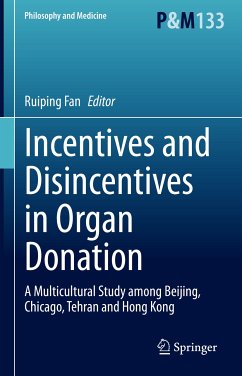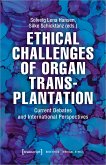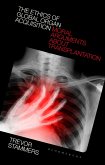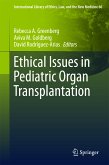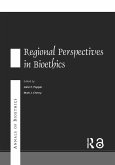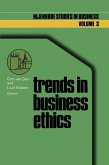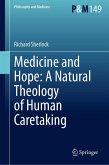This book provides the first systematic study on three types of incentives for organ donation. It covers extensive research conducted in four culturally different societies: Hong Kong, mainland China, Iran and the United States, and shows on the basis of the research that a new model of incentives can be constructed to enhance organ donation in contemporary societies. The book focuses on three types of incentives: honorary incentives, commonly adopted in the United States and other Western countries by offering things such as a thank-you card and a memorial park for donors to encourage donations motivated by pure altruism; compensationalist incentives, adopted in the Islamic Republic of Iran to encourage donation by providing monetary compensation to unrelated living donors for appreciating their altruistic contribution of donation; and familist incentives, implemented in Israel and mainland China to provide priority to organ transplantation to donors and/or their family members. The book demonstrates that a new model of incentives must go beyond offering only one type of incentives and should rather include different types of incentives that are practically effective, politically legitimate and ethically justifiable for particular societies. This implies that suitable incentive measures may vary from society to society to optimize organ donation. This book provides a clear reference for both the scholars and practitioners in the field of organ transplantation, as well as for general readers interested in bioethics and health care policy.
Dieser Download kann aus rechtlichen Gründen nur mit Rechnungsadresse in A, B, BG, CY, CZ, D, DK, EW, E, FIN, F, GR, HR, H, IRL, I, LT, L, LR, M, NL, PL, P, R, S, SLO, SK ausgeliefert werden.
"This book provided an in-depth analysis of challenges and opportunities in the ethical, cultural, social, and legal of organ donation around the world. ... This book particularly emphasized the uniqueness and challenges faced by the incentive models ... and advocated the adoption of comprehensive incentive strategies and customized policies based on different cultural backgrounds. Additionally it also proposed recommendations for further research and policy formulation. This work ... provided important theoretical support for the improvement of organ donation policies worldwide." (Wang Shuai, Chinese Medical Ethics, Vol. 37 (1), January, 2024)

